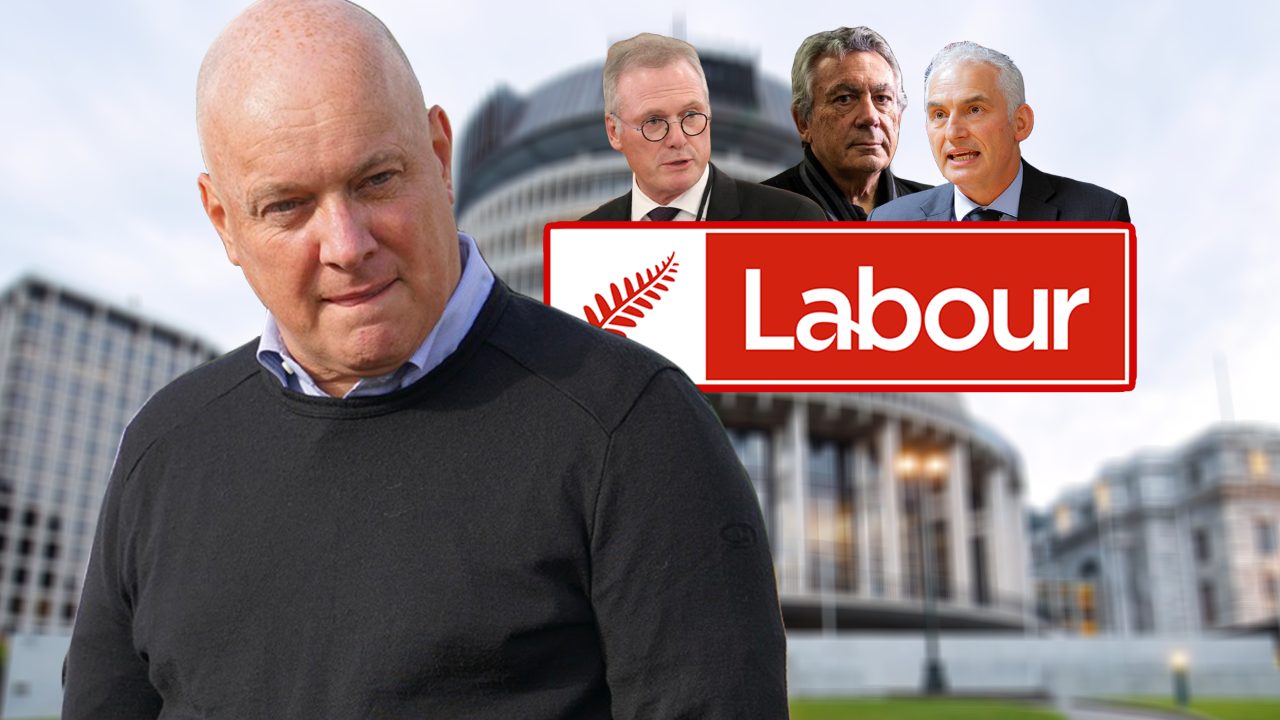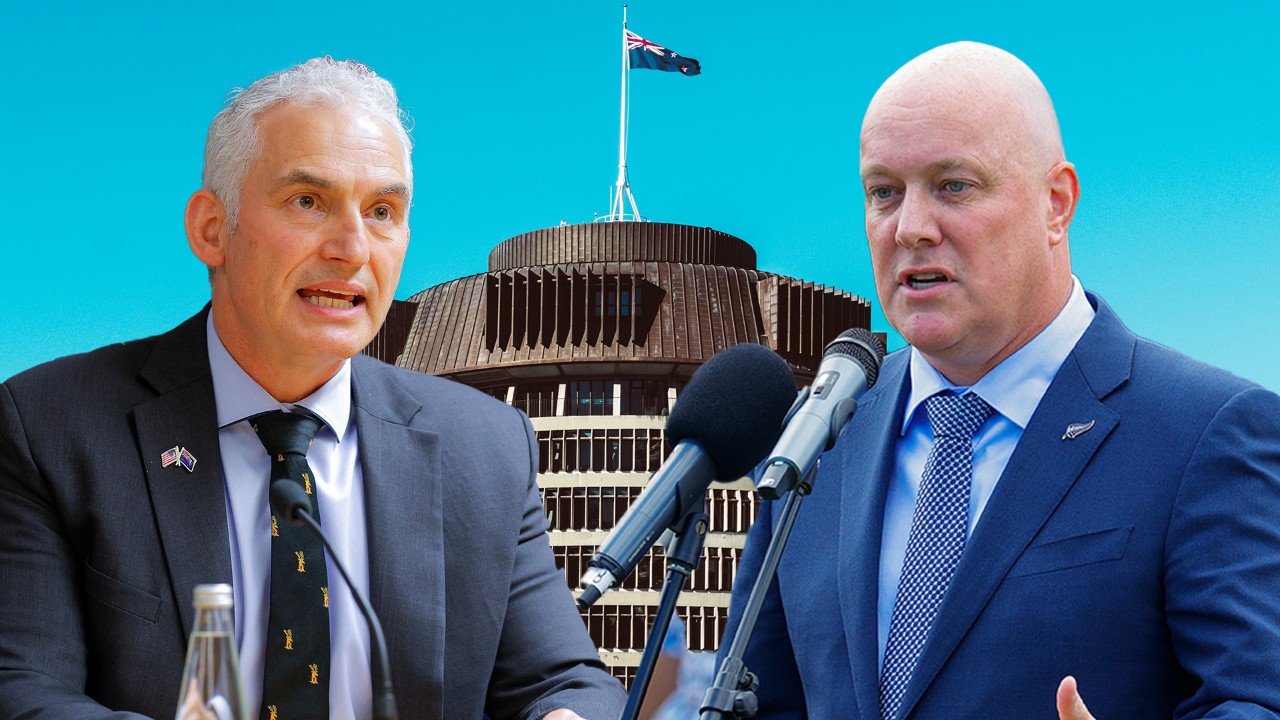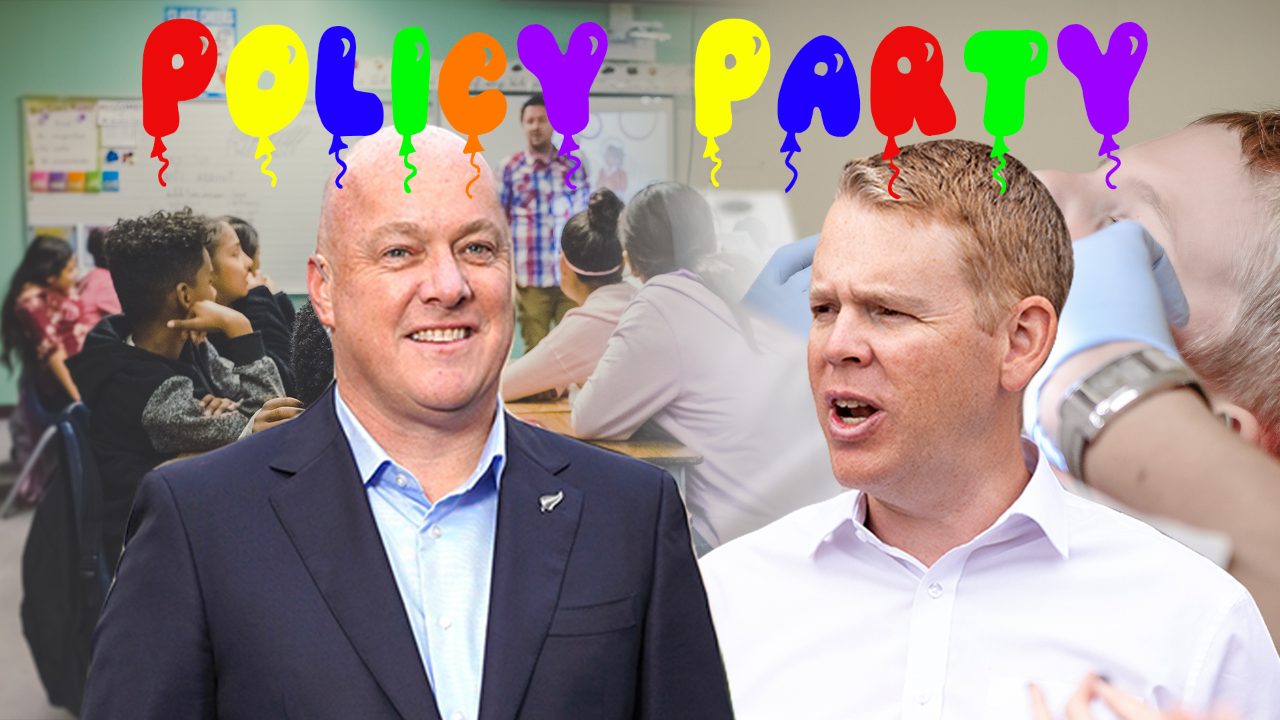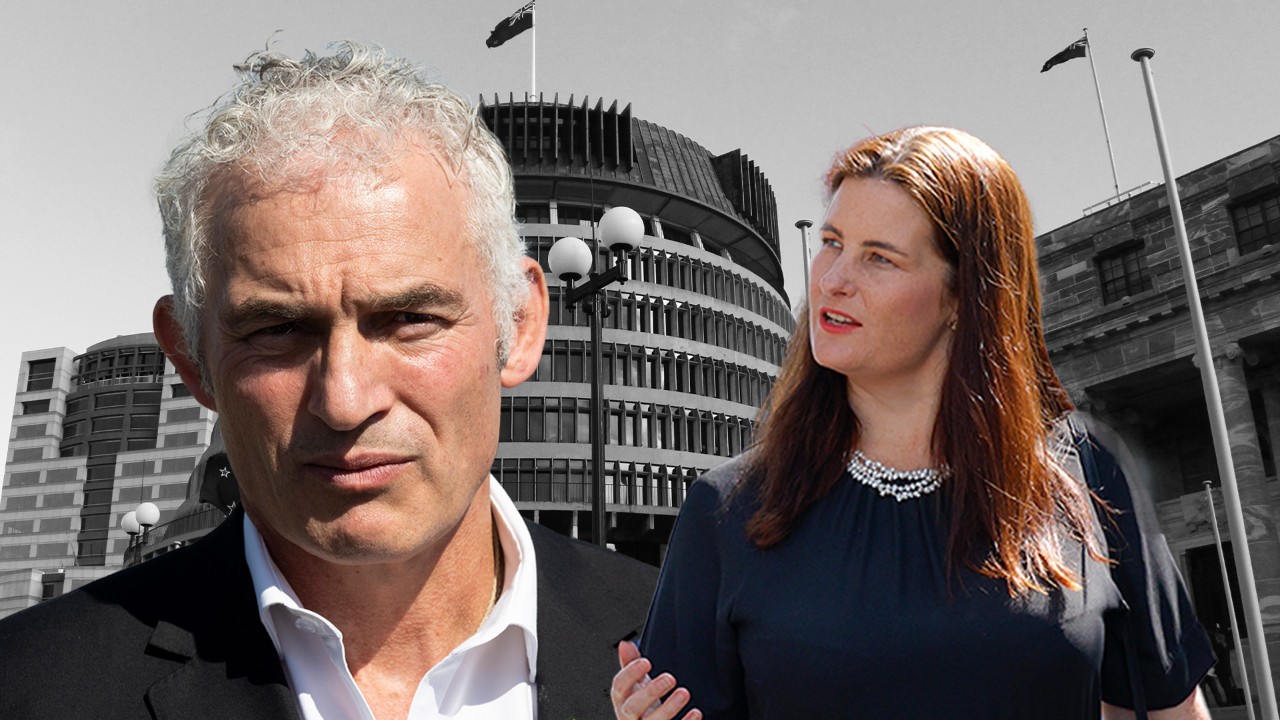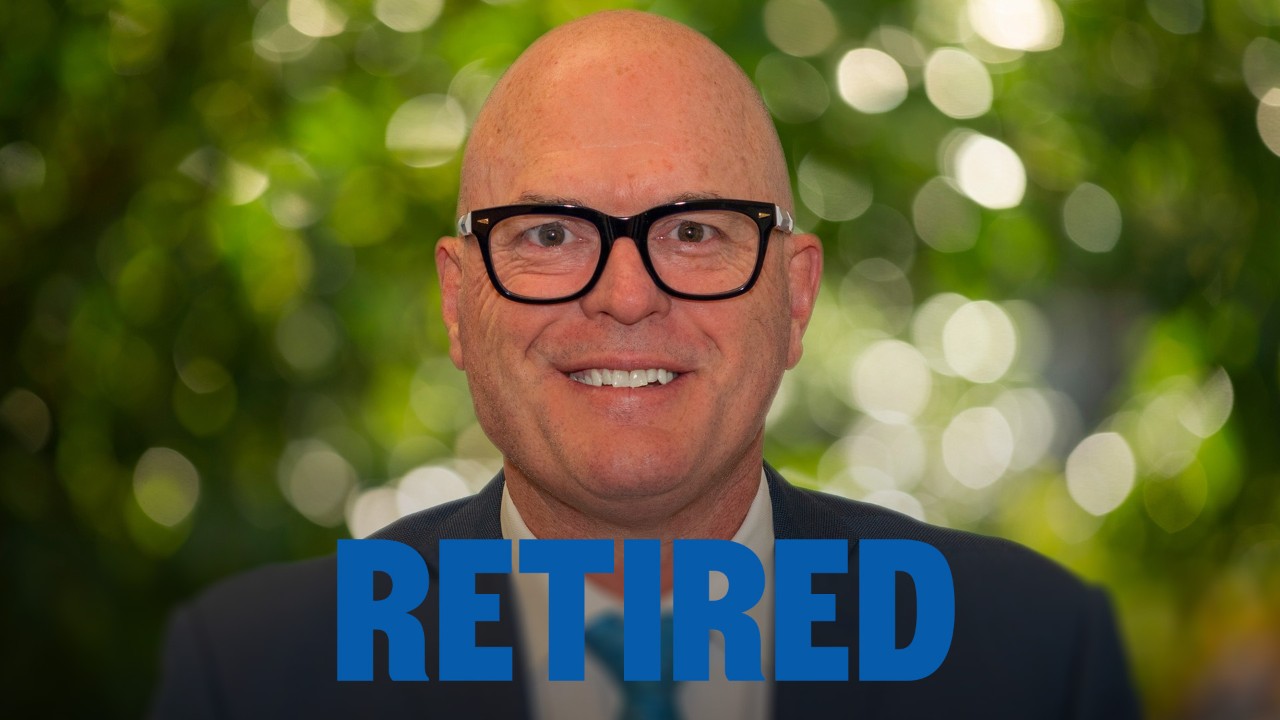The National Party's announcement of its alternative policy to Three Waters has come with a bold statement which could lead to an increase in rates.
The Party's "local water done well" policy document says councils could choose to introduce charges based on the volume of a household's water use or include water service costs within rates.
On Saturday, Christopher Luxon said the current Three Waters situation should not continue, saying Labour's scheme was not the solution.
Speaking with Rachel Smalley on Monday morning, Porirua Mayor Anita Baker said she would have to put up her rates under National's policy.
"Absolutely, it would mean double-digit rates as far as the eye can see and other services having to be cut. I don't think they realise the scale of the problem across the country," Baker said.
"We already have deadlines we have to meet… and we're not going to be able to do that if we're having to do it just by ourselves. The council simply can't afford to fund the existing services we have.
"Last week, we were told we needed another NZD$4.5 million just to get our water leaks to the same standard for next year and we're struggling to do that."
Baker said things are hard enough as they are, telling Smalley she believes Labour is offering better infrastructure to mitigate the impact of major natural disasters than National.
"[National] need to get together and realise the state of the nation and its water is bigger than all of this."
However, National's spokesperson for local government, Simon Watts, argued that rates will not go up under their policy, telling Smalley it will actually take pressure off council rates over the long-term.
"The model provides provisions for councils to access long-term borrowings to pay for long-lived assets and, in our view, is spreading the cost of that infrastructure," Watts said.
"Our policy has the provision to enable councils to form and join up with other like-minded councils to form council-controlled organisations, that allows them to borrow more.
"Borrowings is the engine for cost savings under National's plan."
While Watts understands that there might be some people who are hesitant to trust their local government to fix such issues, he told Smalley National's model has strict rules to make sure issues are resolved.
"Regulations that are making sure that councils maintain and upgrade water infrastructure," he said.
"Councils will be required to ring-fence the spending on water services and to not use that money that should go in pipes, on other items. That will make sure the councils are able to deliver better quality water.
"The reality is, local councils and local communities are the ones that have delivered in terms of action on the ground and if we had relied on bigger entities and Wellington to come in and save the day we would still be waiting today."
Listen to the full 'Two Sides' interview between Anita Baker, Simon Watts and Rachel Smalley above.
You can also download the full interview on the Tova podcast, and listen on the go.




